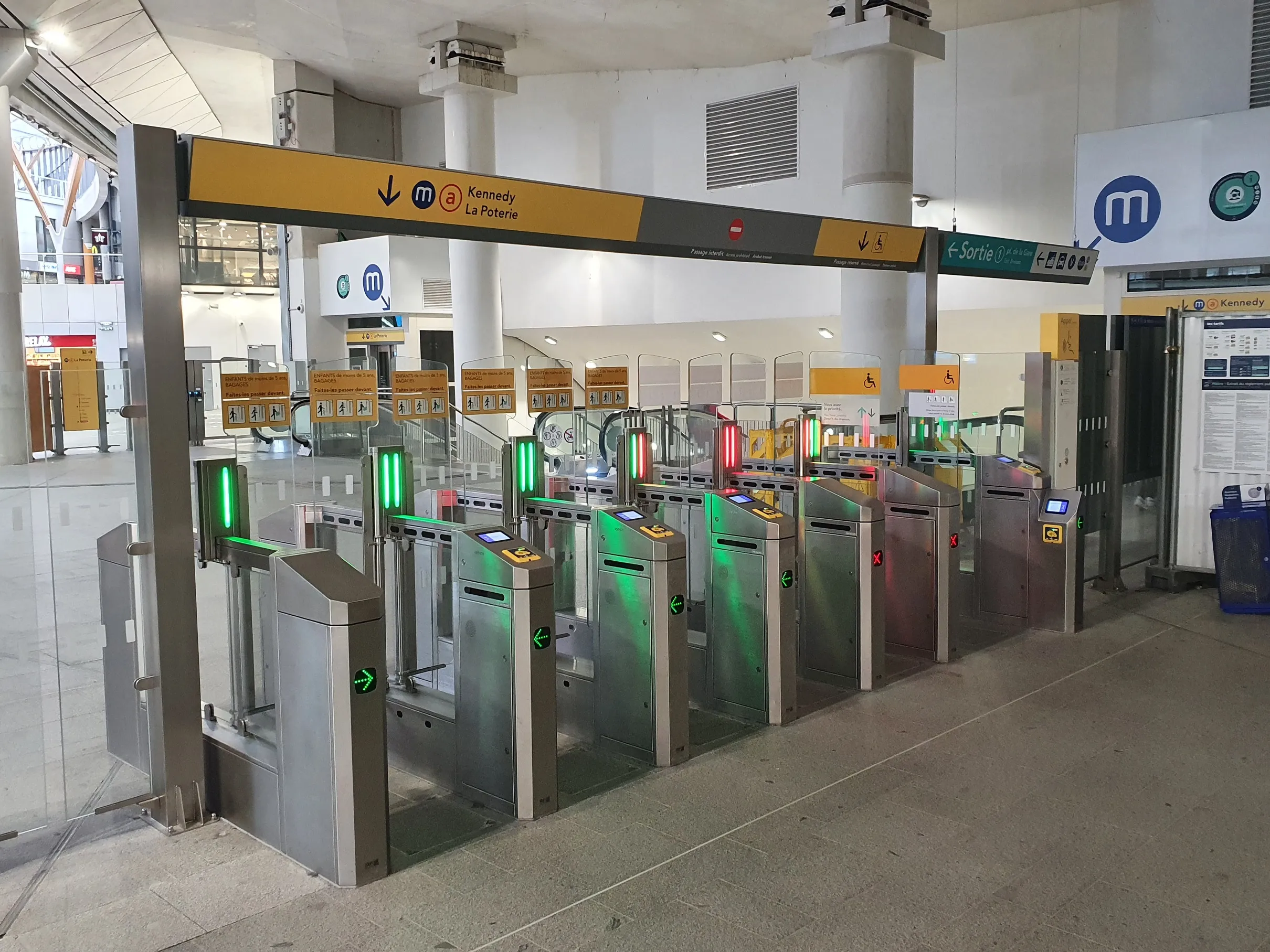All 834 city buses in Managua, Nicaragua, are to be equipped with one of the most modern fare collection systems using Arcontia’s Mifare Plus smart cards and NXP’s Mifare AV2 Sam technology, together with Arcontia’s ARC3300 T5 ticket validators. Arcontia’s local partner, prepaid mobile money transfer/payment service company, MPeso has been chosen by the city of Managua in Nicaragua to design and operate their first and major electronic ticketing scheme in the country based on Arcontia’s contactless smart ca
May 23, 2013
Read time: 2 mins
All 834 city buses in Managua, Nicaragua, are to be equipped with one of the most modern fare collection systems using 760 Arcontia’s Mifare Plus smart cards and 5460 NXP’s Mifare AV2 Sam technology, together with Arcontia’s ARC3300 T5 ticket validators.
Arcontia’s local partner, prepaid mobile money transfer/payment service company, MPeso has been chosen by the city of Managua in Nicaragua to design and operate their first and major electronic ticketing scheme in the country based on Arcontia’s contactless smart card validators.
With enhanced user interface and contactless features, the ARC3300T5 ticket validator enables faster and more convenient fare payment. The validator has GPRS functionality for online communication and remote device management, enabling bus operators to receive daily financial reports.
The system to be installed in Managua will be a complete electronic ticketing solution based on contactless smart cards, issued by Mpeso through their extensive retail network in the city. The cashless system enables faster boarding times and travel times for passengers, better safety and less financial administration for drivers, allowing buses to run as scheduled.
“To be part of a pure smart card based fare collection solution in Managua is a great honour to our company. Throughout the entire design process, the authority of Managua, IRTRAMMA, always kept an ambitious vision of what they expected from a modern ticketing solution, and together with our partner MPeso and their mobile payment services, we created a unique solution”, says Magnus Stahlberg, CEO, Arcontia.
Arcontia’s local partner, prepaid mobile money transfer/payment service company, MPeso has been chosen by the city of Managua in Nicaragua to design and operate their first and major electronic ticketing scheme in the country based on Arcontia’s contactless smart card validators.
With enhanced user interface and contactless features, the ARC3300T5 ticket validator enables faster and more convenient fare payment. The validator has GPRS functionality for online communication and remote device management, enabling bus operators to receive daily financial reports.
The system to be installed in Managua will be a complete electronic ticketing solution based on contactless smart cards, issued by Mpeso through their extensive retail network in the city. The cashless system enables faster boarding times and travel times for passengers, better safety and less financial administration for drivers, allowing buses to run as scheduled.
“To be part of a pure smart card based fare collection solution in Managua is a great honour to our company. Throughout the entire design process, the authority of Managua, IRTRAMMA, always kept an ambitious vision of what they expected from a modern ticketing solution, and together with our partner MPeso and their mobile payment services, we created a unique solution”, says Magnus Stahlberg, CEO, Arcontia.









